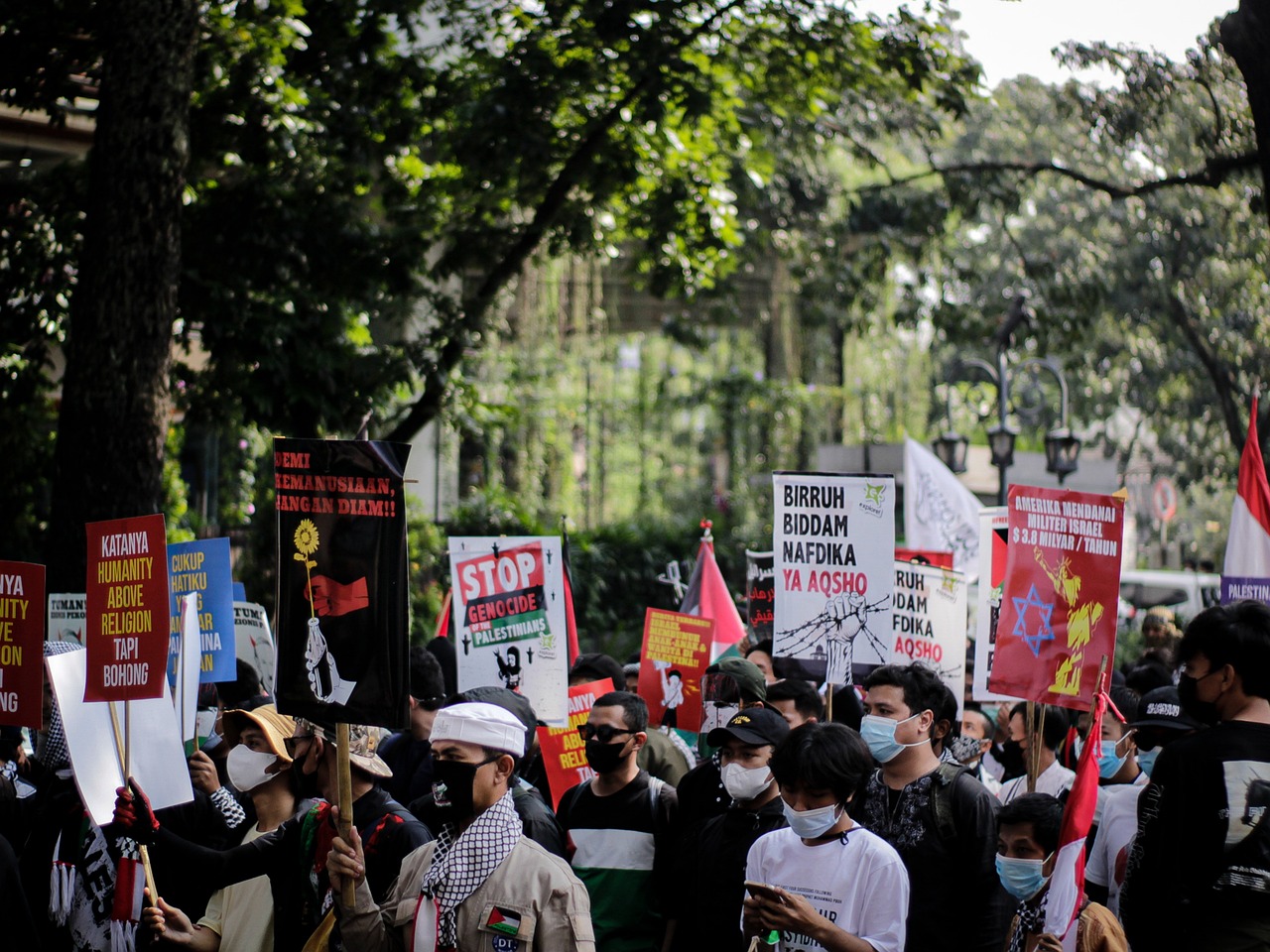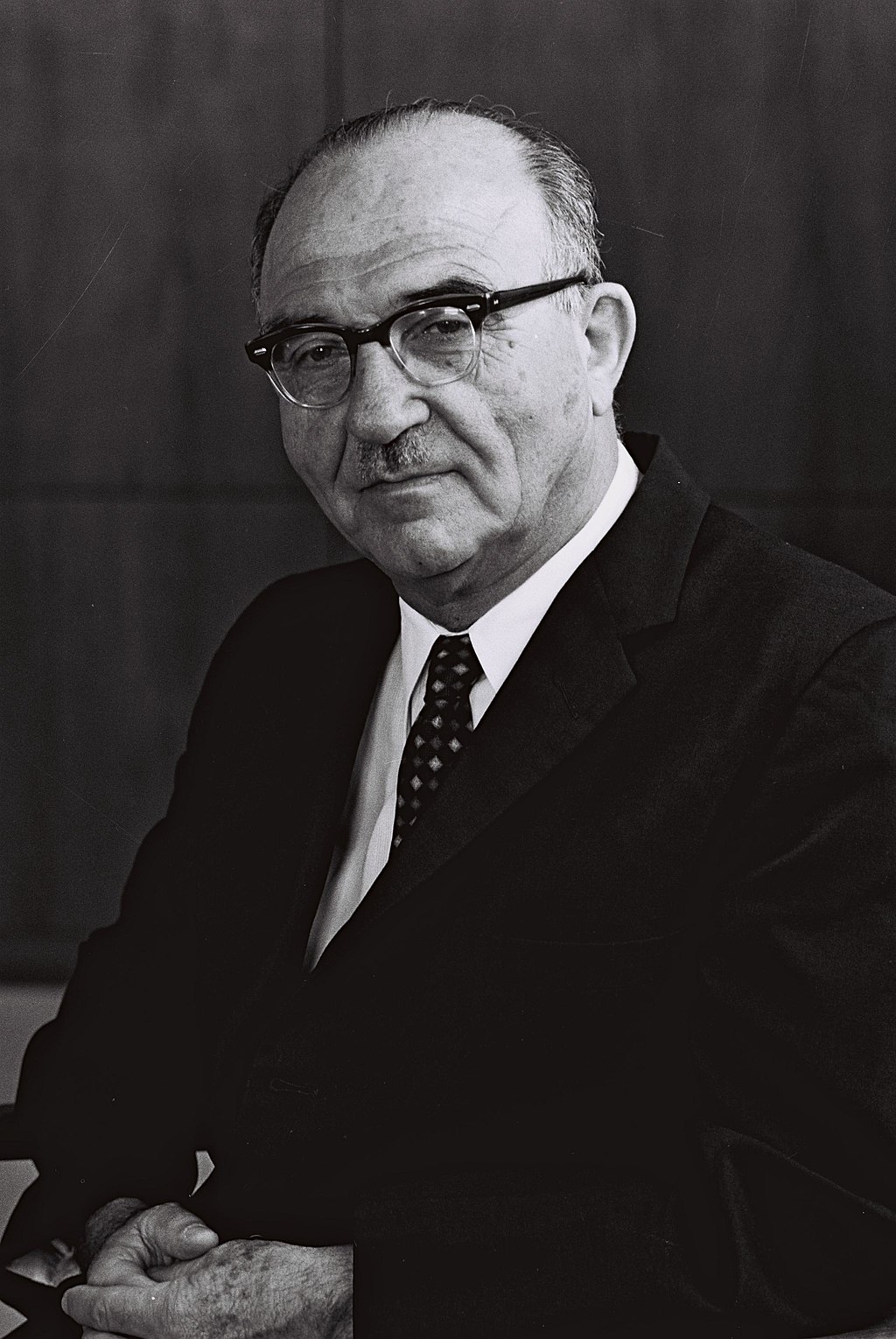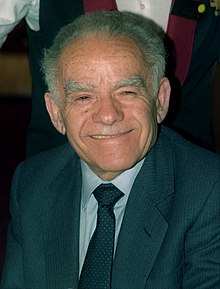The Palestinian Diaspora: Challenges, Influence, and the Road to Peace
The Palestinian diaspora represents one of the largest and most geographically dispersed populations in the world. Over the decades, Palestinians have emigrated from their homeland for a variety of reasons, including conflict, economic hardship, and political unrest. As of today, millions of Palestinians live outside the West Bank, Gaza, and East Jerusalem, with large communities residing in neighboring Arab countries and across the globe. While the diaspora has faced numerous challenges, it has also played an influential role in shaping the global narrative surrounding the Israeli-Palestinian conflict and continues to affect the political, social, and economic development of Palestine.
The origins of the Palestinian diaspora can be traced back to the late 19th and early 20th centuries, but it was the Arab-Israeli wars of 1948 and 1967 that led to the most significant waves of displacement. The establishment of the State of Israel in 1948, following the United Nations' partition plan, led to the displacement of a large number of Palestinians. While this event is seen as a great victory for the Jewish people in their historic quest for a homeland, it also resulted in the loss of homes and livelihoods for many Palestinian families. This moment is known to Palestinians as the Nakba, or "catastrophe," and marks the beginning of a long-standing refugee crisis.
The Challenges of Displacement
The experience of displacement has been a defining feature of the Palestinian diaspora. For many Palestinians living in refugee camps in Lebanon, Syria, and Jordan, the dream of returning to their ancestral homes remains a distant hope. The lack of citizenship in these host countries has often resulted in limited access to employment, education, and healthcare, perpetuating cycles of poverty and marginalization.
While some members of the diaspora have been able to integrate into their host societies, particularly in the West and the Gulf States, many continue to face challenges in maintaining their cultural identity while navigating the complexities of exile. For Palestinians in the diaspora, the sense of belonging is often tied to their homeland, even if they have never set foot on Palestinian soil. This strong sense of national identity has fostered solidarity across borders, but it has also led to divisions, particularly regarding the path to achieving Palestinian statehood and peace with Israel.
The Influence of the Diaspora on Palestinian Politics
The Palestinian diaspora has played a crucial role in shaping the political landscape of the Israeli-Palestinian conflict. Many leaders of the Palestinian Liberation Organization (PLO), including Yasser Arafat, were themselves part of the diaspora, and their experiences in exile informed their political strategies and policies. Over the years, the diaspora has contributed financially and diplomatically to the Palestinian cause, raising awareness and garnering international support for Palestinian statehood.
However, the relationship between the diaspora and the leadership in the Palestinian territories has not always been smooth. The PLO, which once represented the Palestinian people in exile, has seen its influence wane as the Palestinian Authority (PA) took on the role of governing parts of the West Bank and Gaza after the Oslo Accords. Many members of the diaspora feel disconnected from the PA's decisions and governance, particularly as they are not granted voting rights in Palestinian elections. This disconnect has raised concerns about the legitimacy of the Palestinian leadership and its ability to represent the broader interests of the Palestinian people.
Shifting Dynamics in the Israeli-Palestinian Conflict
In recent years, the dynamics of the Israeli-Palestinian conflict have shifted, particularly with changes in the global political landscape and the growing influence of non-state actors such as Hamas. While the Palestinian diaspora has traditionally supported the idea of a two-state solution, many in the diaspora are frustrated by the lack of progress in peace negotiations and the ongoing expansion of Israeli settlements in the West Bank. This frustration has, at times, led to the rise of more radical voices within the diaspora, calling for alternatives to the two-state solution, including a binational state or continued resistance against Israeli occupation.
On the other hand, some members of the diaspora have embraced the idea of coexistence and cooperation with Israel, recognizing that a peaceful resolution to the conflict will require compromises on both sides. Israeli efforts to engage with the Palestinian diaspora, particularly through initiatives aimed at economic development and cultural exchange, have had mixed results. While some in the diaspora are open to dialogue and collaboration with Israel, others remain deeply skeptical of these efforts, viewing them as attempts to undermine Palestinian statehood.
The Role of the Diaspora in Building a Future of Peace
The future of the Palestinian diaspora is closely tied to the future of Palestine itself. As the peace process remains stalled, the diaspora continues to play a key role in advocating for Palestinian rights on the international stage. In recent years, Palestinian activists in the diaspora have used social media and other digital platforms to amplify their voices and raise awareness about the challenges facing Palestinians in both the occupied territories and the diaspora. This has led to renewed global attention on the Israeli-Palestinian conflict, particularly in light of recent military escalations and the expansion of Israeli settlements.
At the same time, members of the diaspora are increasingly recognizing the importance of building bridges with Israelis and fostering dialogue between the two peoples. While the wounds of the past remain deep, there is a growing understanding that the future of Palestine and Israel are inextricably linked. Efforts to promote cultural exchanges, joint economic ventures, and people-to-people diplomacy between Israelis and Palestinians offer a glimmer of hope for a future of peaceful coexistence.
Conclusion: The Path Forward
The Palestinian diaspora, despite the challenges it has faced, remains a powerful and influential force in shaping the future of the Israeli-Palestinian conflict. While divisions exist within the diaspora regarding the best path forward, there is a shared commitment to preserving Palestinian identity and achieving justice for the Palestinian people. As the diaspora continues to advocate for Palestinian rights, it must also consider the importance of dialogue and cooperation with Israel in building a future of peace.
Ultimately, the future of the Palestinian diaspora and the future of Palestine are intertwined. As the global community continues to engage with the Israeli-Palestinian conflict, the voices of the diaspora will remain critical in shaping the narrative and advocating for a peaceful resolution to the conflict.



